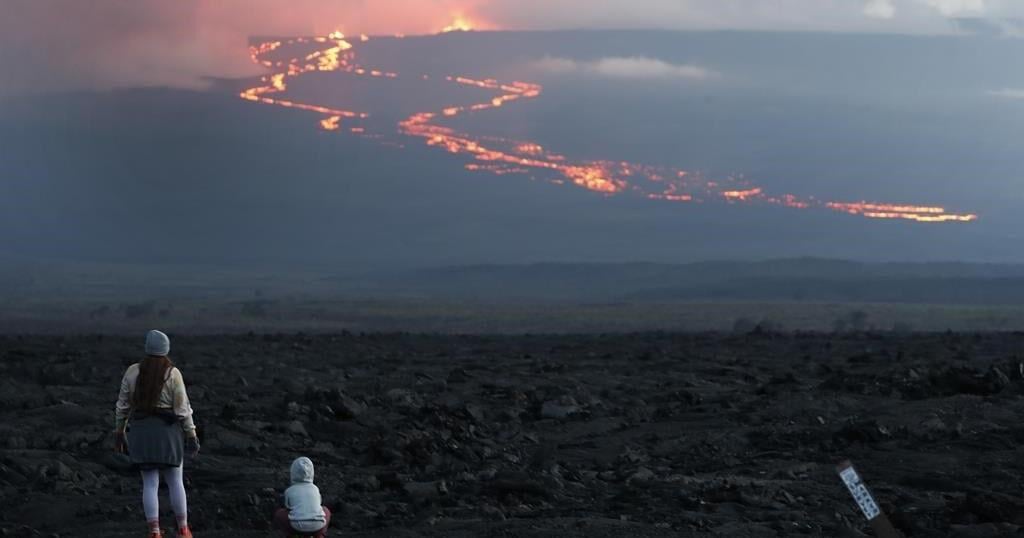NEW YORK (AP) — The U.S. syphilis epidemic slowed dramatically last year, gonorrhea cases fell and chlamydia cases remained below prepandemic levels, according to federal data released Tuesday.
The numbers represented some good news about sexually transmitted diseases, which experienced some alarming increases in past years due to declining condom use, inadequate sex education, and reduced testing and treatment when the COVID-19 pandemic hit.
Last year, cases of the most infectious stages of syphilis fell 10% from the year before — the first substantial decline in more than two decades. Gonorrhea cases dropped 7%, marking a second straight year of decline and bringing the number below what it was in 2019.
“I’m encouraged, and it’s been a long time since I felt that way” about the nation’s epidemic of sexually transmitted infections, said the CDC’s Dr. Jonathan Mermin. “Something is working.”
More than 2.4 million cases of syphilis, gonorrhea and chlamydia were diagnosed and reported last year — 1.6 million cases of chlamydia, 600,000 of gonorrhea, and more than 209,000 of syphilis.
Syphilis is a particular concern. For centuries, it was a common but feared infection that could deform the body and end in death. New cases plummeted in the U.S. starting in the 1940s when infection-fighting antibiotics became widely available, and they trended down for a half century after that. By 2002, however, cases began rising again, with men who have sex with other men being disproportionately affected.
The new report found cases of syphilis in their early, most infectious stages dropped 13% among gay and bisexual men. It was the first such drop since the agency began reporting data for that group in the mid-2000s.
However, there was a 12% increase in the rate of cases of unknown- or later-stage syphilis — a reflection of people infected years ago.
Cases of syphilis in newborns, passed on from infected mothers, also rose. There were nearly 4,000 cases, including 279 stillbirths and infant deaths.
“This means pregnant women are not being tested often enough,” said Dr. Jeffrey Klausner, a professor of medicine at the University of Southern California.
What caused some of the STD trends to improve? Several experts say one contributor is the growing use of an antibiotic as a “morning-after pill.” Studies have shown that taking doxycycline within 72 hours of unprotected sex cuts the risk of developing syphilis, gonorrhea and chlamydia.
In June, the CDC started recommending doxycycline as a morning-after pill, specifically for gay and bisexual men and transgender women who recently had an STD diagnosis. But health departments and organizations in some cities had been giving the pills to people for a couple years.
Some experts believe that the 2022 mpox outbreak — which mainly hit gay and bisexual men — may have had a lingering effect on sexual behavior in 2023, or at least on people’s willingness to get tested when strange sores appeared.
Another factor may have been an increase in the number of health workers testing people for infections, doing contact tracing and connecting people to treatment. Congress gave $1.2 billion to expand the workforce over five years, including $600 million to states, cities and territories that get STD prevention funding from CDC.
Last year had the “most activity with that funding throughout the U.S.,” said David Harvey, executive director of the National Coalition of STD Directors.
However, Congress ended the funds early as a part of last year’s debt ceiling deal, cutting off $400 million. Some people already have lost their jobs, said a spokeswoman for Harvey’s organization.
Still, Harvey said he had reasons for optimism, including the growing use of doxycycline and a push for at-home STD test kits.
Also, there are reasons to think the next presidential administration could get behind STD prevention. In 2019, then-President Donald Trump announced a campaign to “eliminate” the U.S. HIV epidemic by 2030. (Federal health officials later clarified that the actual goal was a huge reduction in new infections — fewer than 3,000 a year.)
There were nearly 32,000 new HIV infections in 2022, the CDC estimates. But a boost in public health funding for HIV could also also help bring down other sexually transmitted infections, experts said.
“When the government puts in resources, puts in money, we see declines in STDs,” Klausner said.
___
The Associated Press Health and Science Department receives support from the Howard Hughes Medical Institute’s Science and Educational Media Group. The AP is solely responsible for all content.





























